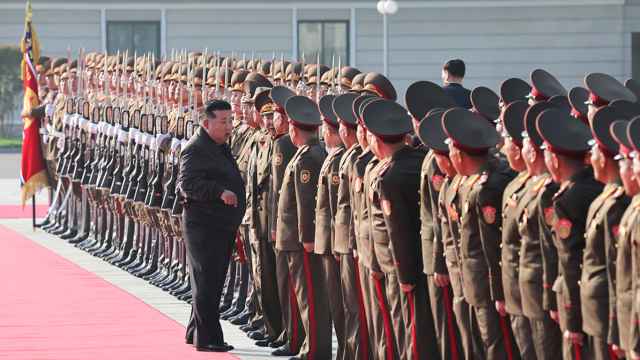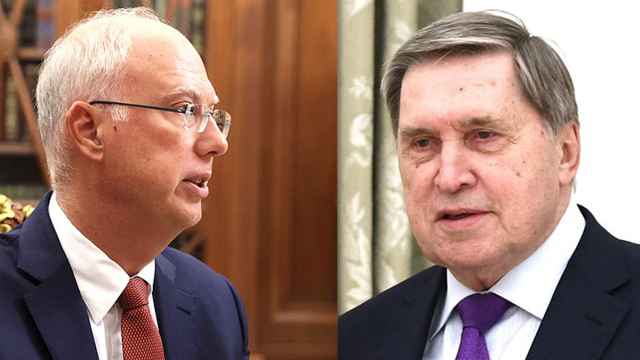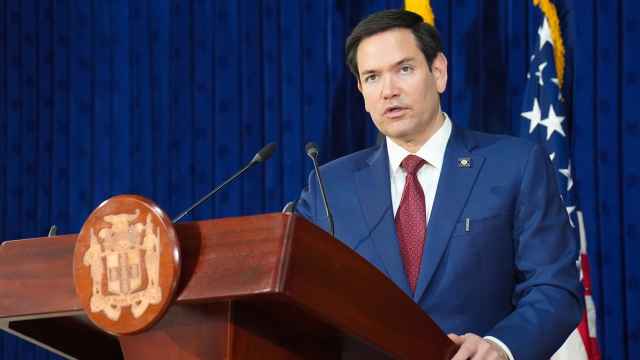Russia's wave of anti-alcohol legislation could reach the silver screen after a State Duma deputy proposed Wednesday to ban scenes with alcohol from movies.
Drinking alcohol should only be allowed on screen when it is an indispensable part of the script, "for instance, in a film about the fate of an alcoholic," said Nikolai Gerasimenko, first deputy chairman of the State Duma's Health Committee.
Smoking in films is currently regulated in this way.
Gerasimenko believes that there is a "preponderance" of alcohol in Russian television and cinema that negatively affects its youngest viewers, Interfax reported.
"Here children drink from 14 years old, and television plays a big role in that," he said.
The idea has not yet become a bill, Gerasimenko added.
Anti-alcohol legislation has grown substantially in recent years, with alcohol advertising now banned on television, on the radio, in online media and in public spaces.
The Federal Alcohol Market Regulatory Service has now proposed blocking all websites that sell alcohol and equating the online sale of alcohol with that of narcotics, Rossiiskaya Gazeta reported Wednesday.
A Message from The Moscow Times:
Dear readers,
We are facing unprecedented challenges. Russia's Prosecutor General's Office has designated The Moscow Times as an "undesirable" organization, criminalizing our work and putting our staff at risk of prosecution. This follows our earlier unjust labeling as a "foreign agent."
These actions are direct attempts to silence independent journalism in Russia. The authorities claim our work "discredits the decisions of the Russian leadership." We see things differently: we strive to provide accurate, unbiased reporting on Russia.
We, the journalists of The Moscow Times, refuse to be silenced. But to continue our work, we need your help.
Your support, no matter how small, makes a world of difference. If you can, please support us monthly starting from just $2. It's quick to set up, and every contribution makes a significant impact.
By supporting The Moscow Times, you're defending open, independent journalism in the face of repression. Thank you for standing with us.
Remind me later.






